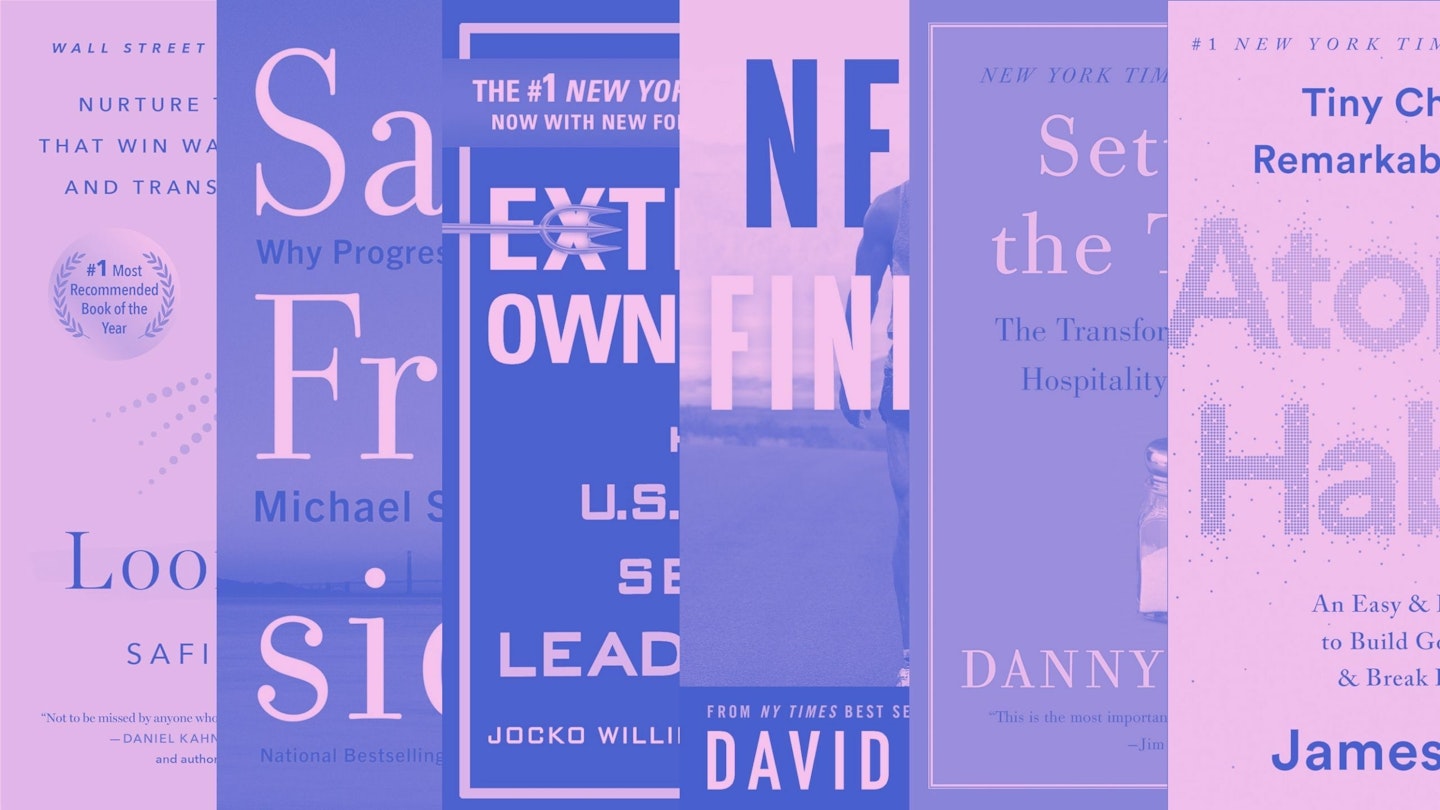
From time to time, I like to check the pulse of other multifamily leaders and get a sense of what they're reading.
Why?
Simply put, the more we can learn, the better. And why not learn from others leading teams, driving results, pushing for growth, and interested in ongoing education?
Personal conversations aside, in (just about) every episode of Transforming Cities, I like to ask a rapid-fire question that gets at the book or books the guest recommends at the top of their list.
Sometimes, those suggestions are very relatable. Other times, they open up a whole new world!
This week, let's dive into a few of those recommendations and learn a little more about what they're all about.
This is a thought-provoking book that explores the science and psychology behind radical innovations and how seemingly wild or crazy ideas (loonshots) can be nurtured and developed into world-changing breakthroughs.
The author dives into historical and contemporary examples across industries, showing how small shifts in structure rather than culture can empower creativity and innovation within groups.
He introduces concepts like phase transitions to explain how organizations can balance the needs for innovation and stability, detailing the strategies for fostering an environment where groundbreaking ideas can coexist with core business practices.
This book offers valuable insights for leaders and organizations looking to spark and sustain innovation, making it particularly relevant for professionals involved in development, marketing, and strategic planning.
Thanks, Brent Camp, for the suggestion!
This book critiques the approaches to homelessness, housing, and drug addiction in San Francisco and similar cities. The author is an environmentalist and journalist and argues that progressive policies have worsened these issues.
He combines data, reporting, and historical analysis to show the negative impacts of policies on social welfare and housing. Advocating for enforcement combined with compassionate care, he calls for mandatory treatment and law enforcement as part of a balanced strategy to address urban crises.
It's a critical look at urban policy, urging pragmatic solutions for complex social challenges.
Thank you, Howard Paster, for the recommendation!
Get it here and also here 👉
Two books by popular military figures, Jocko Willink, and David Goggins, have hit the suggestion table this year, and both hold something meaningful for anyone reading.
"Extreme Ownership" distills leadership principles from the authors' experiences as Navy SEAL officers in combat. The book argues that the most effective leaders take full responsibility for their team's outcomes, a concept termed "extreme ownership."
Willink and his co-author use combat scenarios to illustrate how this principle applies in high-stakes situations and translate these lessons into strategies for success in business and life.
They emphasize accountability, discipline, and clear communication as key components of leadership.
"Never Finished" provides readers with a deeper dive into Goggins' philosophy of relentless self-improvement and mental toughness.
The book emphasizes the idea that one's journey towards self-betterment is perpetual, advocating for a lifestyle of pushing beyond comfort zones and embracing discomfort as a tool for growth.
Goggins' message is clear: true fulfillment comes from the pursuit of excellence and the understanding that one is never truly finished evolving. This book serves as both a motivational guide and a testament to the capacity for human resilience and determination.
Thanks to Mike Sturdivant and Jeff Johnston for these ideas!
This book explores the power of hospitality in the restaurant industry and beyond. The author, a successful restaurateur, shares his philosophy of 'enlightened hospitality,' which prioritizes not just the customer, but also the employees, the community, suppliers, and investors.
Through anecdotes from his own experience, he illustrates how genuine hospitality can create deeply loyal customer relationships and a positive work environment.
He emphasizes the importance of attention to detail, the art of listening, and the value of creating a positive culture. This book offers insightful guidance for anyone in the service industry or looking to enhance their approach to customer service and leadership, showcasing how a focus on hospitality can lead to long-term success.
Another big thanks to Jeff Johnston for this multifamily-adjacent suggestion.
Finally, we couldn't wrap up this recap without a nod to Atomic Habits, a text that comes up in more conversations than I can count!
This read offers a comprehensive guide on how to build good habits and break bad ones, emphasizing the compound effects of small changes.
It presents a framework for understanding habits through a combination of scientific research, personal stories, and practical advice and the author introduces the concept of "atomic habits," tiny adjustments that can lead to remarkable results over time.
The book covers strategies for habit formation, including cue, craving, response, and reward, and how to make changes stick by focusing on identity rather than outcomes.
For anyone looking to make significant life changes through the power of habit, this just might be for you.
We're just a few months into the year, and we've certainly missed a few great suggestions out there.
Let us know what other texts you recommend and why, and we'll share them with our LinkedIn audience soon.
Happy reading, multifamily!

Discover why boutique multifamily buildings outperform their larger competitors by focusing on curated experiences, intentional design, and emotionally resonant branding.

Discover how data-driven branding strategies can accelerate leasing, boost NOI, and turn your multifamily property's identity into a measurable performance asset.

Your brand’s reputation is built—or broken—at the leasing desk. Are you ready to unify leasing and marketing to protect it?

Remember when we all DIY dip-dyed our hair in Kool-aide and learned just because you can do it yourself doesn't mean you should? This week we're digging into the hidden costs of DIY'd branding.
A simple read in under 5 minutes, delivered to your inbox Saturday mornings.
A simple read in under 5 minutes, delivered to your inbox Saturday mornings.